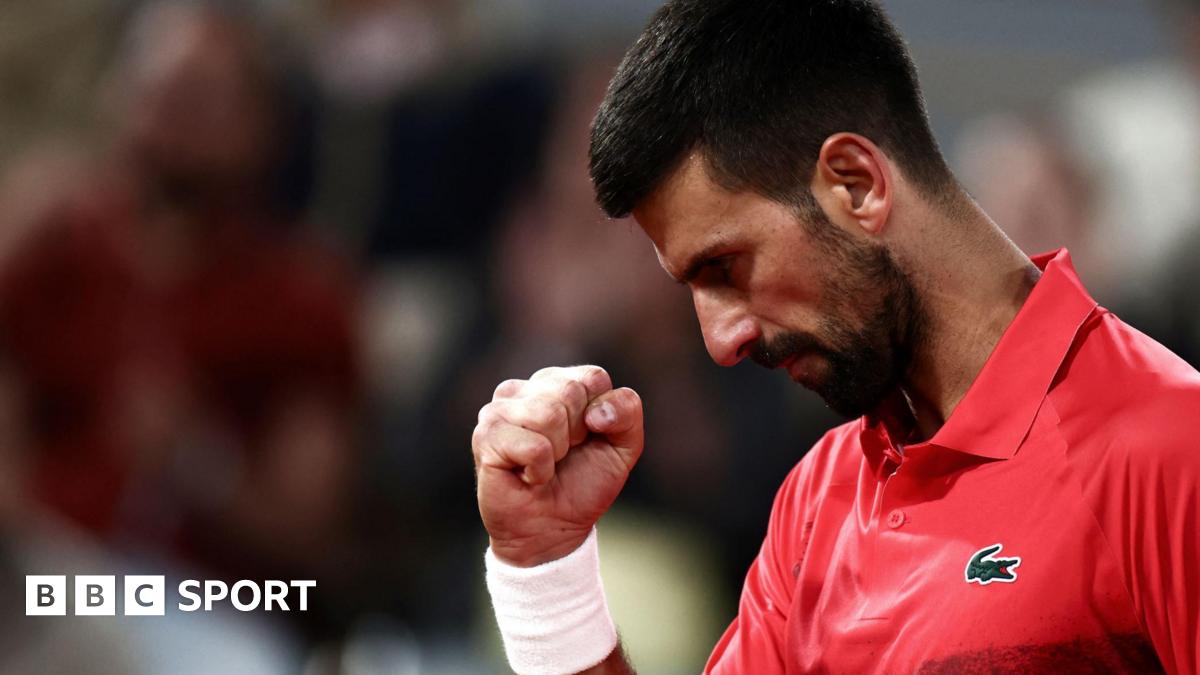While age is clearly catching up on Djokovic, his insatiable appetite for Grand Slam success is showing no signs of slowing down.
A patchy season by his lofty standards has led to questions raised about his stamina and motivation, while the departure of rival-turned-coach Andy Murray from the Serb’s team also indicated things were not functioning as he hoped.
But when the major tournaments come around, Djokovic is always still primed to challenge in the latter stages.
In Melbourne, he defied the odds to beat Alcaraz and reach the semi-finals, although the physical exertions it took led to a hamstring tear which meant he had to retire injured against Zverev in the last four.
Nevertheless it showed he still had the desire and capability to beat the younger generation taking over.
Zverev, 28, was once part of the next generation expected to replace Djokovic, Murray, Rafael Nadal and Roger Federer.
This defeat was another illustration of how he is often unable to problem-solve against Djokovic.
Often accused of being too passive, he was rooted deep behind the baseline for much of the contest and paid the price as Djokovic took control with his craftmanship.
With belief or focus rarely wavering, Djokovic started dictating the patterns of play and used the drop shot effectively to unsettle Zverev.
Zverev was aiming to reach the semi-finals for the fourth consecutive year and when the three-time Grand Slam runner-up finally thought his chance of a comeback had arrived midway through the fourth set, he was denied in arguably the point of the tournament.
Djokovic showed all his elasticity and endurance to stop Zverev having an opportunity to turn the match around, enabling him to serve out victory after three hours and 17 minutes – when Zverev could not return another deft drop-shot.

